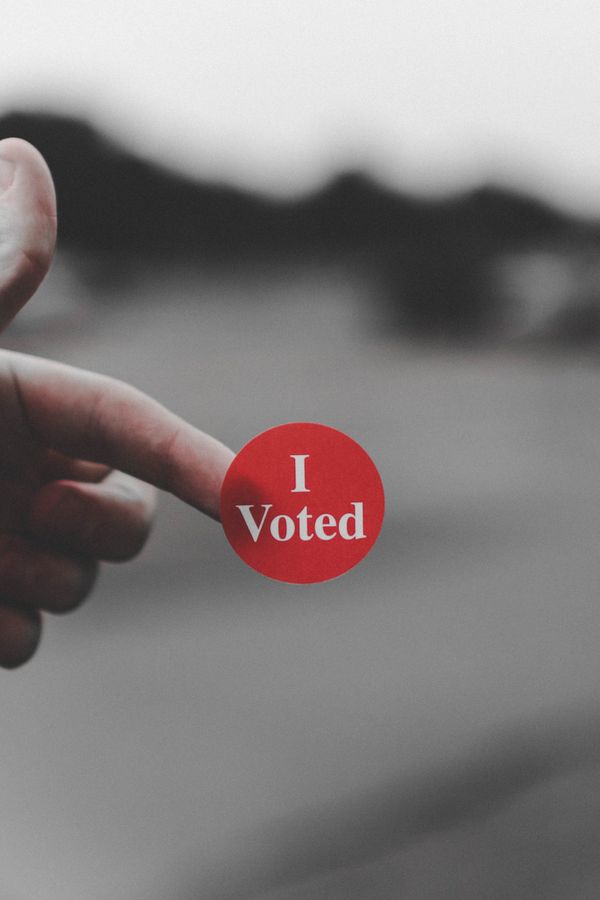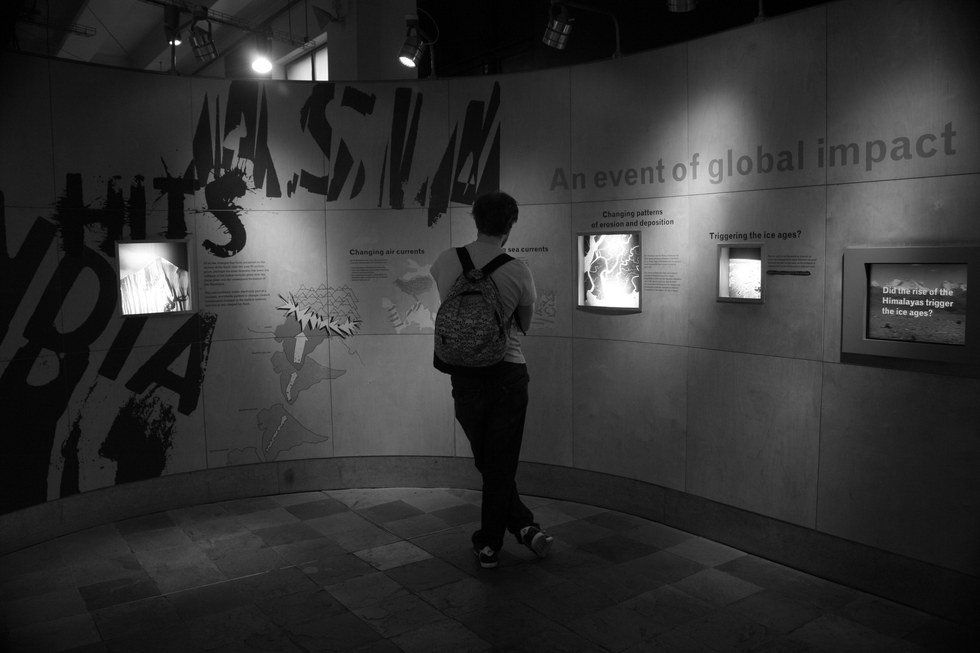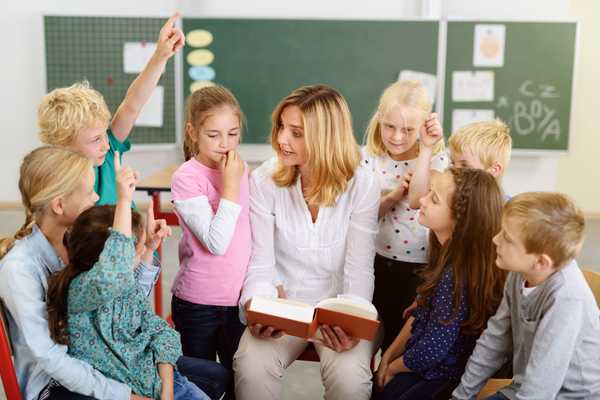There’s something strange about the way we are taught history. Or, I should say there’s something strange about the history we’re not learning— and I’m not just talking about the oft-mentioned biases against certain genders, races, sexualities, etc. This time, I’m talking about the time periods that are taught. Today’s high school students definitely learn about the genesis of ‘Western Civilization’ and push through all the way up to at least WWII. But I don’t know too many schools where classes push much further into the 20th century, and my own history classes just brushed over anything that happened after Watergate.
It’s something that has always concerned me: If we’re not getting contemporary history from school, how and when are we supposed to figure out what happened within the ten-or-so years before we were born? At what age are we supposed to understand the complexities of the world around us?
There seem to be different answers to these questions. Some people’s parents teach them. Others resort to the internet. But it seems to me that most kids don’t end up learning about the way that the history and international relations still affect their lives. Or at least, they don’t get this information until it becomes absolutely necessary— and even then it is partial. But a partial understanding about the world around us isn't enough to keep informed, especially in an election year.
A quick example from my own life: I was born in 1994, just five years after the Berlin Wall fell, but I don’t remember ever hearing about the Wall until I was maybe 12 years old. Even more, jarring is the fact that I was only taught about the beginnings of the USSR in school, where they taught only 1950s bomb shelters and the fact that it was over. They did not teach me that its dissolution occurred only three years before my own birth, and they did not explain that other conflicts from the 20th century were still affecting the country I lived in.
So we grow up with something I’ve come to call a cultural blind spot, which encompasses about a decade before a person was born and lasts well into their childhood. This is the time period that is too contemporary to be taught in history classes yet, but not quite ‘historical’ enough to make it into the textbooks or lesson plans. And while I’m not sure who exactly is supposed to fill these cultural blind spots in for us, I do know that it doesn’t bide well to keep them for long. If we let this blindness persist, we’re ignoring the circumstances that create contemporary society.
As for me, I know that I’ve still got some relatively large cultural blind spots obscuring my ability to think intelligently about a whole host of issues. However, I have spent time since graduating high school actively pursuing the histories that I was not taught. I have begun to understand multiple perspectives on the events occurring all around me every day, and this self-education will make me a more informed voter.
But I have only just begun to educate myself, and this makes me worried about anyone much younger than me who gets to vote. I’ve had three years to work on erasing my cultural blind spots, but how can this process be accelerated for the 18-year-olds who are just out of high school— or even just starting their senior year? These voters will be basing their votes on a history education that has failed them on many fronts. Not only will they be coming from a place of limited perspectives in terms of social politics, but their understanding of international and national movements will be limited to whatever happened, at least, fifteen years before their birth. And I don’t know about you, but I’d like to have a population of 18-year-old voters who can be confident in their views and who understand that the world today is different from the world in 1983.
So let's step up and start working actively to educate ourselves. Let's push knowledge contemporary political movements and make sure that this knowledge is as inclusive as possible. Because as long as we let these cultural blind spots persist, we'll never be able to act with complete clarity.





















